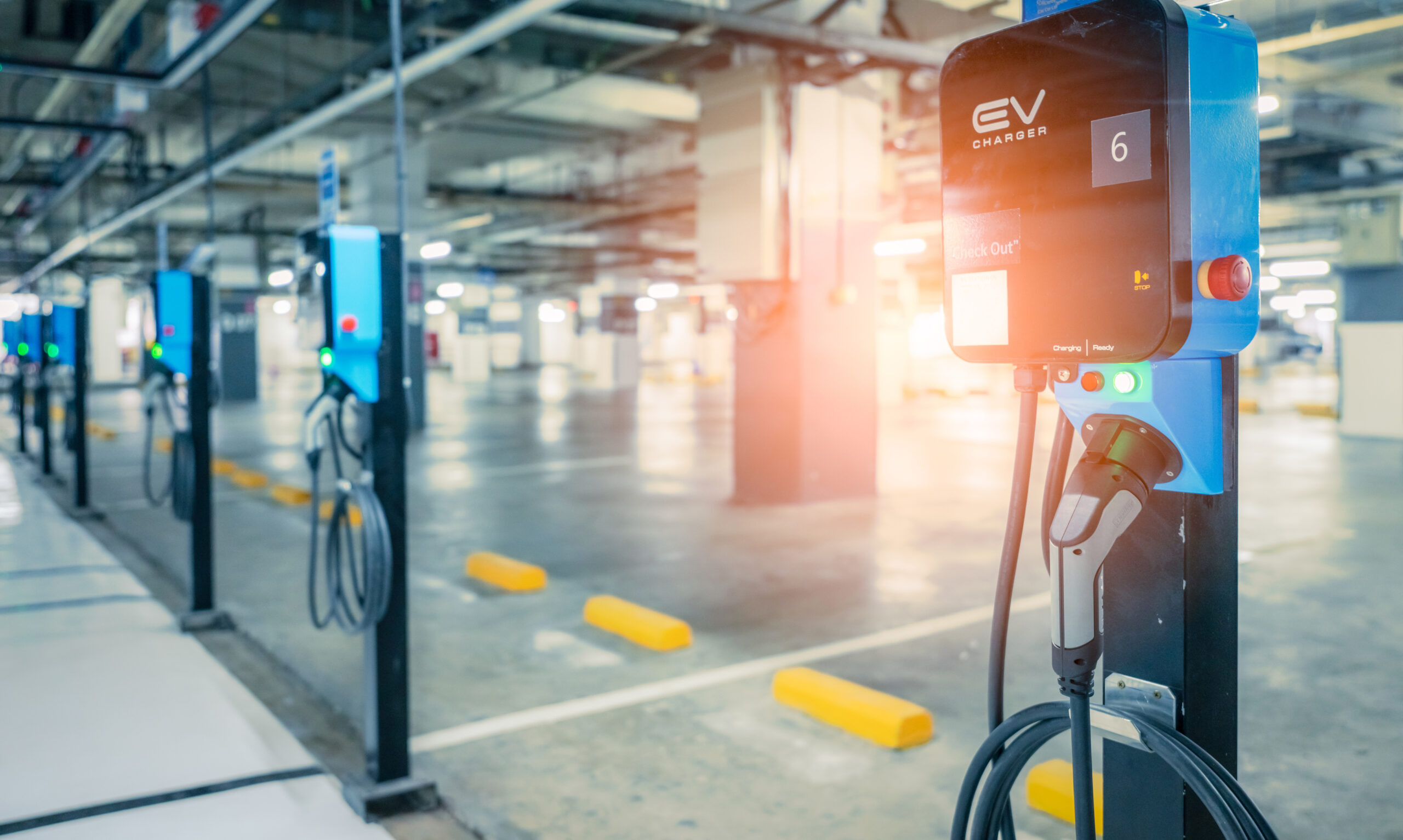There’s no denying that the COVID-19 epidemic altered the direction of contemporary life on multiple levels throughout the world. In terms of pandemic-related changes, however, there is some positive news: The renewable energy industry, for example, received a much-needed boost as a result of COVID-19.
While it’s impossible to say if the coronavirus is to blame for the rise in renewable energy popularity, there is a strong link. The pandemic served to expose the real extent of climate change, which is crucial, as well as how alternative energy might help mitigate some of the phenomenon’s bad impacts.
Experts think that a clean renewable energy revolution might contribute to a healthier future, and that now is the moment for governments to act. Renewable energy is a welcome substitute for toxic emissions and some other pollutants in terms of public health. It’s also critical to identify meaningful solutions in the name of public health as we continue to recover from the epidemic, both physically and economically.
Table of Contents
COVID-19 and Energy Sector
COVID-19-caused pandemics spread to almost every country on the planet. Because energy is one of the most important aspects of modern life, it has been heavily affected. However, post-pandemic development will be the most important factor. This is expected to have a long-term impact on the energy sector, and it represents both difficulties and possibilities.
Cost of Climatic Change
Solar power systems have long been regarded as an outlay alternative to traditional energy sources, even before COVID was introduced. As the cost of COVID rises, towns and municipalities all across the world are shifting to renewable energy to save money on infrastructure.
As a result, renewable energy sector executives must be ready to step in and lead the march toward a healthier society in response to the persistent risks of both climate change and new COVID variations. A good place to start is by collaborating with public health experts.
Investments in Alternative Energy
To address these issues, the research advises that increased private sector investments in renewable energy, particularly solar photovoltaic technologies, be encouraged. While the initial expenditures are costly, investing in renewables may help the Maldives cut its power costs, reduce its fuel import bill, and subsidy spending, as well as reduce carbon emissions and generate new employment.
Final Thoughts
For the sake of public health, pandemic recovery is a continual process, and every business must adapt to continuing changes. Leaders in the renewable energy sector may aid pandemic recovery efforts in a variety of ways, starting with education. Cultivating awareness of the issues at hand, both in terms of public health and the global economy, might help usher in a cleaner, healthier future.


